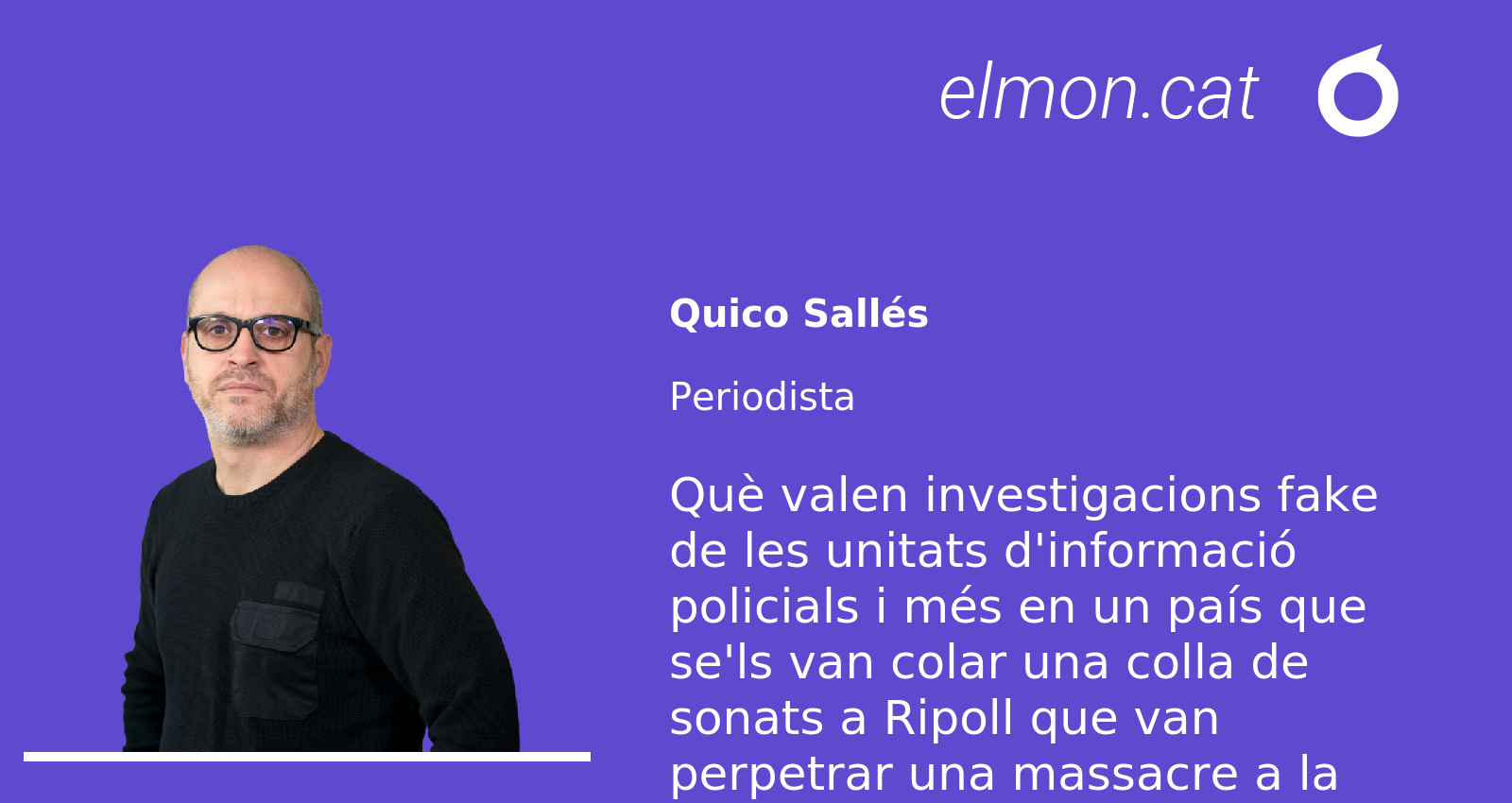BarcelonaSwitzerland’s National Arms Minister Urs Lohr signed an application last week to join the European Sky Shield Initiative (ESSI). The plan, launched by Germany in 2022, aims to cut costs for countries by coordinating the purchase of air and missile defense systems such as the Patriot missile system. The initiative’s member states are Belgium, the Czech Republic, Denmark, Estonia, Hungary, Latvia, Lithuania and founding Germany. From now on, the program’s members will have two months to give their approval or raise objections to Switzerland’s accession. The Swiss state’s move comes amid heightened geopolitical tensions in Europe, following Russia’s invasion of Ukraine. The country’s approach to NATO positions and its distancing itself from traditional neutrality are becoming increasingly clear.
Switzerland’s foreign security policy is based on neutrality: not taking sides in armed conflicts involving third countries. Neutrality was formally established at the Congress of Vienna in 1815 and confirmed a few months later in the Treaty of Paris of the same year. However, some historians date the beginning of neutrality to its application In reality After the Battle of Marignano in 1515.
Over the years, the Swiss state has adapted to various international conflicts. During the First and Second World Wars, as well as during the Cold War, Switzerland was able to maintain its neutral status by conveying the image of a country that could host peace conferences and mediate in conflicts.
In 1993 the country changed this principle by announcing that it would replace the traditional concept of “security through neutrality and independence” with the concept of “security through cooperation”. This new version of neutrality is the one that has been used in recent years, when Switzerland’s involvement in international challenges has been increasingly high.
Effects of war in Ukraine
When Russia annexed Crimea in 2014, Switzerland did not side with the EU and the US in imposing sanctions on the Russian regime. However, with Russia’s invasion of Ukraine in February 2022, the Swiss state imposed sanctions on Russia. Critics, including the Kremlin, have argued that the imposition of sanctions marks the end of Switzerland’s historic neutrality. But the truth is that Bern has applied sanctions before, such as against Saddam Hussein’s regime in Iraq in the 1990s. “Economic sanctions are not part of neutrality,” experts like Jean-Marc Rickli, head of global and emerging risks at the Centre for Security Policy in Geneva, told ARA.
However, in recent months, the Swiss government has had no qualms about refusing to send weapons to Ukraine. Not only to send weapons manufactured on their territory, but also to have other countries buy them there and re-export them to Zelensky’s army. In this regard, requests from Germany, Spain and Denmark were rejected under the War Materials Act, which states that “requests for the export of war materials shall not be accepted if the country of destination is involved in an internal or international armed conflict.” This refusal revealed the concerns of European allies who see the possibility of a war between NATO and Russia in Europe closer than ever. Faced with this scenario, Switzerland had to decide whether to remain steadfast or be open to changes in its security policies.
Military reform
A month ago, the country emerged from the uncertainty. After the peace conference for Ukraine on the shores of Lake Lucerne in Switzerland, the National Council began the long-awaited process that could end with the relaxation of the War Materials Act. It supported lifting the blanket ban on arms re-exports to countries at war. Switzerland had tried to pretend that the outbreak of war in Ukraine had not affected its neutrality, but, as Rickli explains, “the export law was revised because of the position it had taken with Switzerland in the Ukrainian war.” In realityWhich angered the allies.
“This law is not part of the neutrality law,” says Rickli, explaining that “the draft that is currently on the table is very restrictive.” In fact, the reform includes an obligation to review export licenses on a case-by-case basis. In addition, countries that can re-export Swiss weapons to another country will have to share values with the Swiss state. The reform draft must now be approved by both houses of parliament, and if enough signatures are collected, it could be put to a referendum. Therefore, as the Geneva Centre’s security policy expert explains, “we will not see Swiss weapons in Ukraine any time soon.”

“Freelance social media evangelist. Organizer. Certified student. Music maven.”










